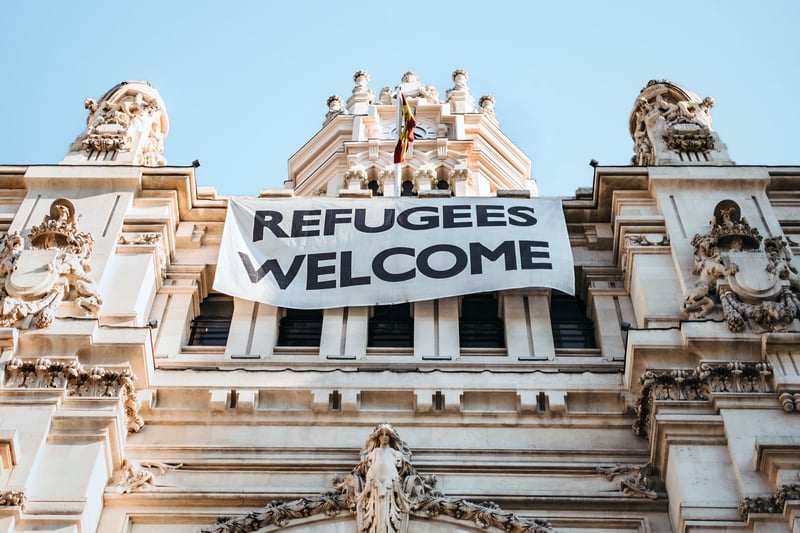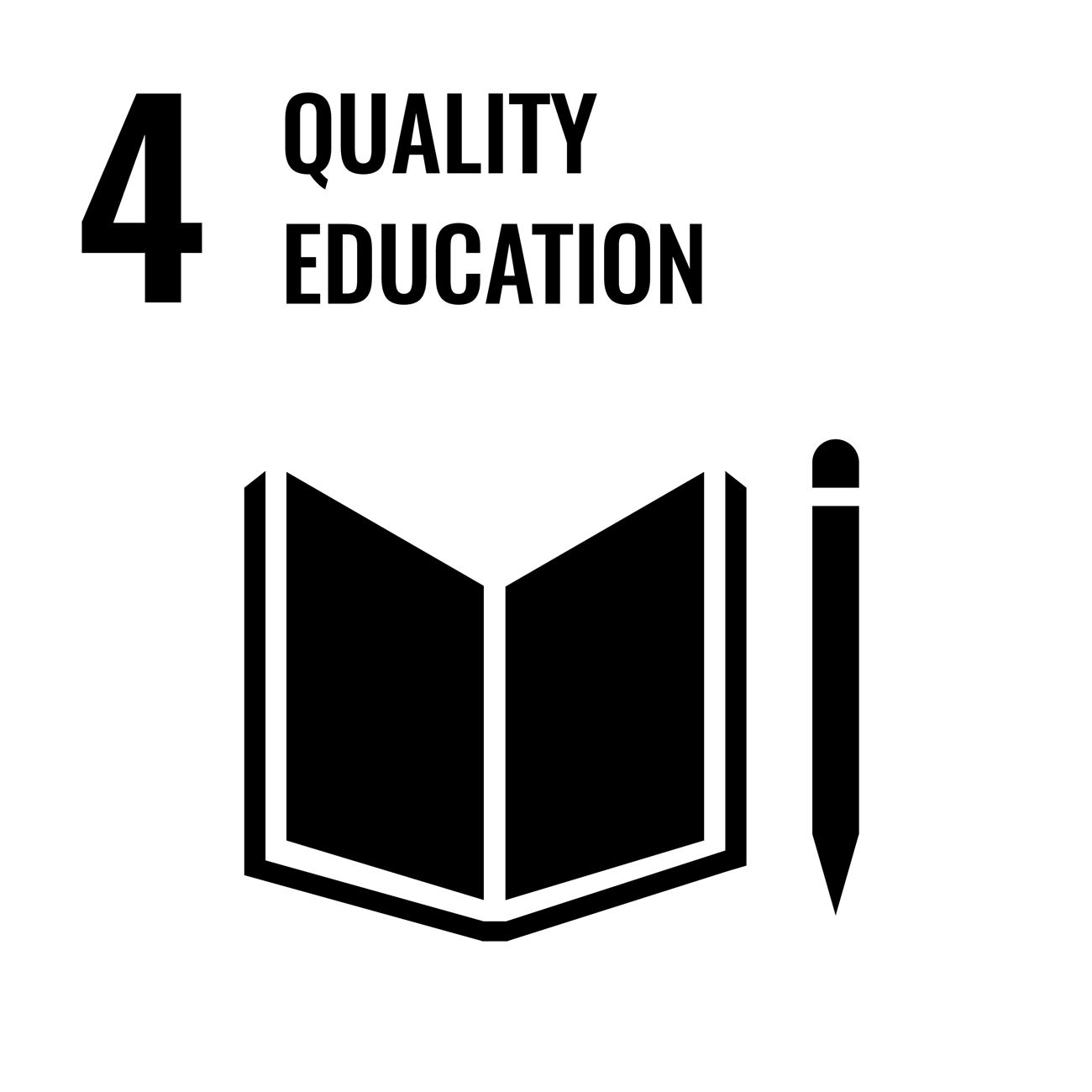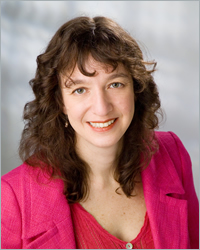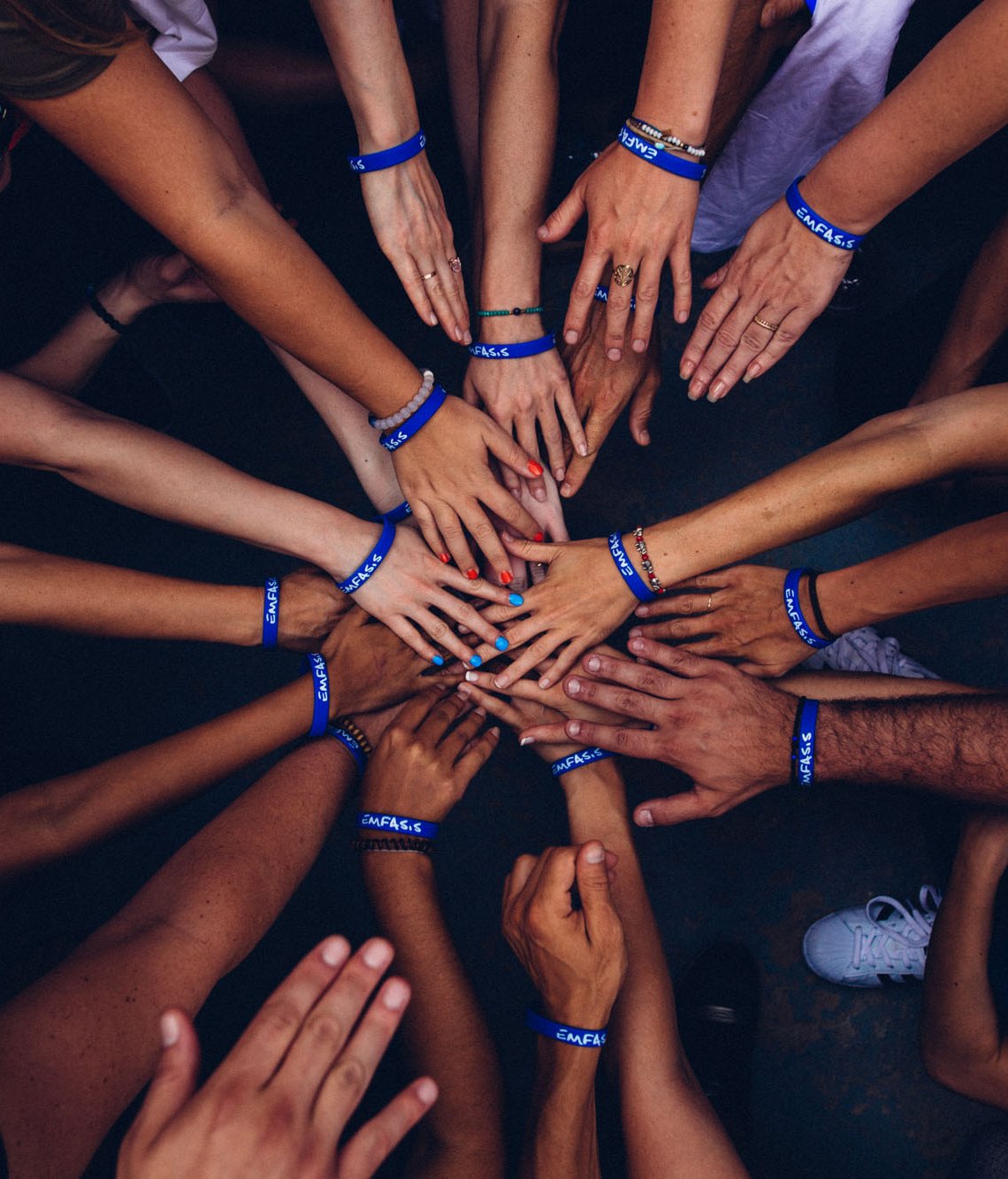With the number of displaced people across the globe reaching over 70 million in 2019, the programme could not be more relevant or more vital. Under the conditions created by the global pandemic it has been clear that refugees have an understanding, resilience and bearing which societies spared from significant crisis have not yet fostered or practiced.
Led by Professor Alison Phipps, the Chair’s team of six is pioneering a series of research projects, residencies and events which place language and the arts at the heart of refugee integration. Their aim is to work with refugees, artists, NGOs, policy-makers and governments to enhance existing models for refugee integration and address issues around cultural diversity and languages.
Three volunteer ambassadors from refugee and asylum-seeking backgrounds are gaining skills in project management, communication, networking, people management and innovation. Encouraged to start their own projects designed to meet the needs of ‘New Scots’ the Ambassadors have initiated English classes for Arabic speakers, started a youth group and developed multi-lingual self-discovery writing sessions.Two artists in residence from the global south are also working to enable mutual integration and translation between communities and through the arts
ABOUT THE CHAIR’S RESEARCH
Alison’s research has contributed to a range of projects with the chair through collaborations with partners spanning Zimbabwe, Palestine, Ghana, Mexico and Morocco. The RILA team carries out research that includes network building through arts and cultural work in communities experiencing tensions and fragility; collaborating with Coventry University and the Migration for Development and Equality hub (MIDEQ) to examine how South-South migration can be harnessed to reduce inequality and expanding the reach of an online Arabic course to help reduce unemployment among young graduates in Gaza.
One such example of Professor Phipps’ research is the annual ‘Refugee Cycle’ where refugees, migrants and local communities are brought together. Partnering with Sustrans and Bike for Good, this role-reversing event gives refugees the chance to act as hosts, welcoming cyclists to each stop along the route. Refugees help to plan the cycle and take part as check-point assistants, performers and educators.











